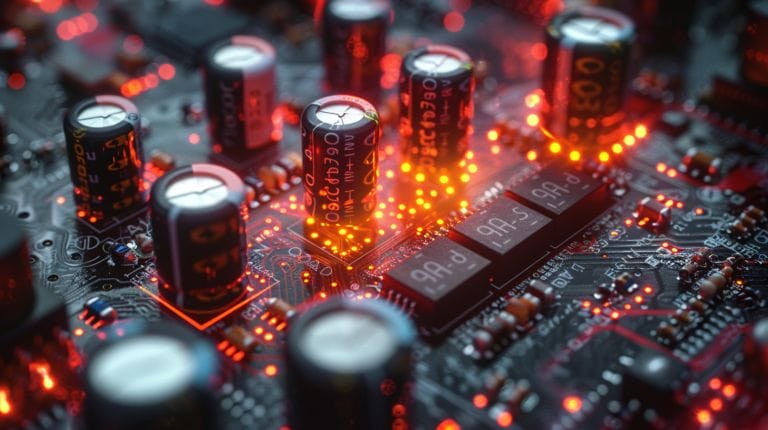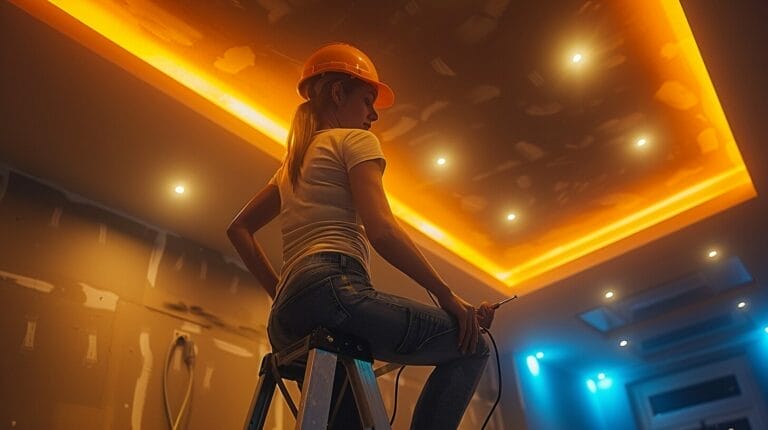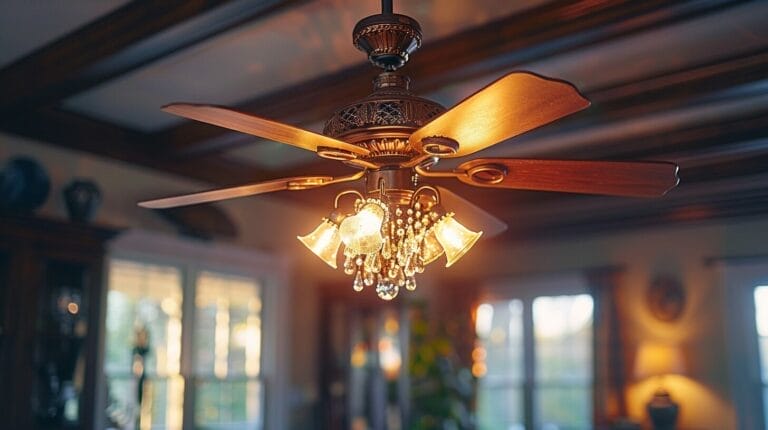Solar Light Not Working? Troubleshooting Tips and Solutions
When our solar lights suddenly stop working, it can be quite frustrating, especially if we’ve come to rely on them for outdoor illumination. However, before we start shopping for replacements, let’s explore a few troubleshooting tips and solutions that might get them shining brightly again.
We’ll begin by understanding how these lights function, then move on to diagnosing common issues like insufficient sunlight, dirty panels, or faulty batteries. By addressing these factors, we can often restore their performance without much hassle. Curious about the exact steps and maintenance tips? Let’s get started.
Key Takeaways
- Check if the power switch is turned on and properly functioning.
- Ensure the solar lights receive at least 6-8 hours of direct sunlight daily.
- Clean the solar panels with a soft cloth and mild soap to remove dirt.
- Replace old or dead batteries with fully charged, high-quality rechargeable ones.
- Inspect and clean the light sensor to ensure it activates the LEDs at dusk.
Understanding Solar Lights: How Do They Work?

Solar lights operate by converting sunlight into electricity, stored in batteries to power LEDs when it’s dark. The solar panels are the power source for our lights, making them both crucial and sustainable.
During daylight, the panels charge the batteries, storing energy for illuminating the LEDs. At dusk, a light sensor triggers the LEDs, using the stored energy. This process is seamless and automatic, requiring minimal intervention from us.
Knowing how these components interact helps us appreciate solar technology and prepares us to troubleshoot effectively when issues arise. With this understanding, we can ensure our solar lights continue to shine brightly.
Common Reasons Why New or Existing Solar Lights Stop Working

Many factors can cause solar lights to malfunction. Understanding these issues can help us quickly identify and resolve them.
Firstly, check the batteries. Dead or improperly installed batteries can hinder solar light performance. Ensure your lights have fresh, correctly installed batteries.
Next, consider the solar panels. Insufficient light exposure can impair their functionality, and dirt accumulation can block sunlight, reducing their efficiency. Regularly cleaning the panels can mitigate this issue.
Lastly, sensor malfunctions may hinder the lights’ operation. Ensure sensors are clean and unblocked to maintain their proper operation.
Diagnosing Your Solar Lights Not Working Issue

Let’s start diagnosing why your solar lights aren’t working by examining some initial checks such as switches, panels, and placement.
- First, verify the power switch on your solar lights is on. Although simple, it’s a common reason why solar lights fail to operate.
- Next, consider the placement of your solar lights. Are they positioned to receive sufficient sunlight throughout the day?
- Now, let’s move on to testing batteries. Over time, batteries can lose their ability to hold a charge. Try replacing the existing batteries with new, fully charged ones to detect if the batteries are the issue.
- Inspecting solar panels and sensors is also essential. Dirt, debris, or snow can block sunlight, preventing efficient charging. Gently clean the panels and check for any physical damage.
- Lastly, check the sensors; these components can get covered in grime, hindering their functionality.
Practical Steps to Fix Your Solar Lights

To revive your solar lights, start by cleaning the panels to ensure maximum sunlight absorption. Dust, dirt, and grime can hinder the panels from gathering energy. Use a soft cloth and mild soap to clean them.
Next, replace old, worn-out batteries with new, high-quality rechargeable batteries designed for solar lights.
Also, ensure your solar lights are placed in an area where they can get at least 6-8 hours of direct sunlight each day.
Here’s a quick guide to help:
| Step | Action | Importance |
|---|---|---|
| Clean the Panels | Use a soft cloth and mild soap | Ensures maximum sunlight absorption |
| Replace Batteries | Install new, high-quality rechargeable ones | Provides reliable power for consistent light |
| Adjust Placement | Position for best sunlight exposure | Ensures efficient charging throughout the day |
Maintaining Your Solar Lights to Avoid Future Issues

After verifying that our solar lights are functioning properly, we should establish a maintenance routine to prevent future issues.
Regularly cleaning the solar panels is crucial. A simple wipe can keep them clear and optimize energy absorption.
In addition to cleaning, regular inspection is essential. Look for signs of wear and tear, such as cracks in the panels or corrosion on the fixtures.
Seasonal changes also require specific care—during fall and winter, ensure that snow or fallen leaves aren’t blocking the panels.
Sometimes, despite our best efforts, issues arise beyond our expertise. In such cases, seeking professional help is advisable.
Conclusion
To sum up, by understanding how solar lights work and identifying common issues, we can easily troubleshoot and fix any problems.
Let’s bear in mind to check the power switch, guarantee adequate sunlight, replace batteries, clean the solar panels, and inspect the sensors.
With these practical steps, we can keep our solar lights shining brightly and efficiently.
By maintaining them regularly, we’ll avoid future issues and enjoy their benefits for years to come.
Frequently Asked Questions
Why are my new solar lights not working?
New solar lights may not be working properly due to various reasons such as not receiving enough sunlight, having a faulty connection, or the batteries may need to be replaced.
How can I fix solar lights not working properly?
To fix solar lights that are not working properly, you should ensure that your solar lights get enough sunlight, check the batteries, and make sure the connections are secure.
What should I do if my solar lights are still not working?
If your solar lights are not working even after checking the sunlight exposure and batteries, you may need to consider getting new ones or seeking professional help.
Are there possible reasons for solar lights to stop working?
Solar lights may stop working due to lack of sunlight exposure, faulty connections, or drained batteries.
How important is sunlight when it comes to solar lights?
Sunlight is crucial for solar lights to function properly as they need to receive enough sunlight to charge the batteries and power the lights.







